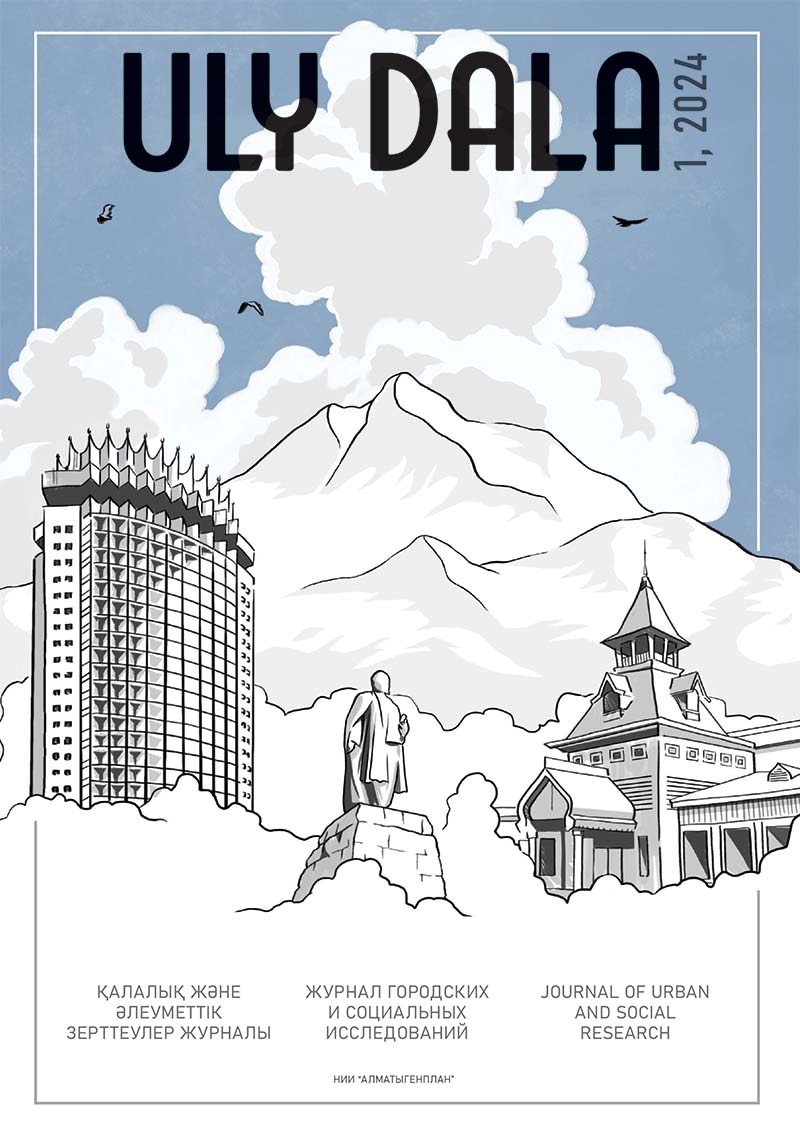The trials of community-making and middle class formаtion in the new apartment complexes in Astana
Keywords:
middle class, nation–building, housing conditions, construction boom, domestication of new environmentAbstract
In this article, I explore the social implications of the construction boom and urban development fueled by both public and private investment in the city of Astana, the capital of Kazakhstan. Drawing on participant observation, interviews, and personal engagements with residents of three newly built apartment blocks, I write what can be called an anthropology of the construction boom. This entails looking at the new social configurations and normative framework arising from the emergence of a new material environment. Hundreds of thousands of professionals who migrated to Astana in the 2000s anticipated improvement in their social status and economic and housing conditions. Many of them achieved their housing dreams and have either bought or received subsidized housing from the state. The majority of the Astana population today lives in apartment blocks built after 1998 — housing which, with their spaciousness and modern facilities, were meant to represent a stark contrast to their previous socialist housing conditions. The constituency of Astana’s newly built apartment blocks and their efforts to customize their apartments, “make home” of their new environment, and achieve some sort of urban order presents an interesting case of the Kazakh nation-building and middle-class building efforts.
Downloads
Published online
Issue
Section
License

This work is licensed under a Creative Commons Attribution-NonCommercial 4.0 International License.

